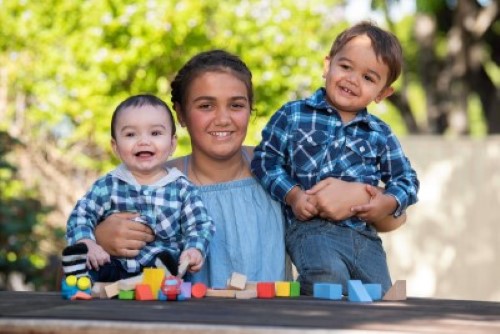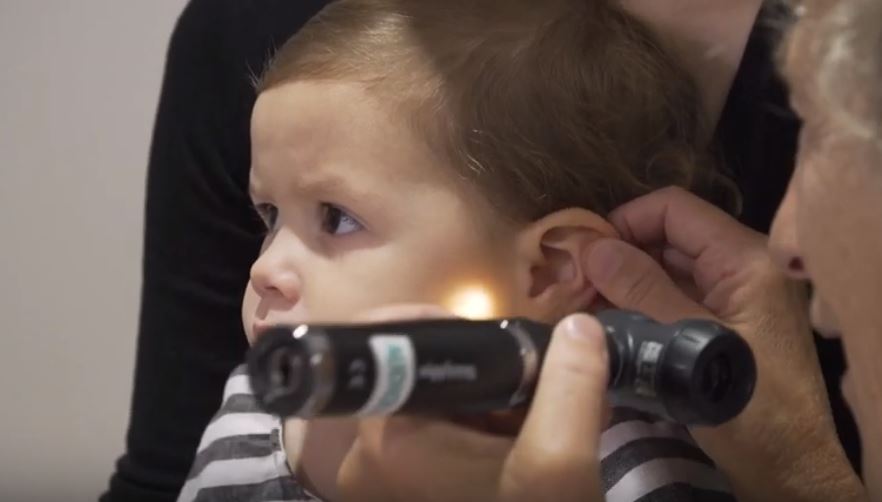Search

News & Events
Ear health partnership brings brighter future for Aboriginal kidsA new partnership between The Kids Research Institute Australia, Dr George Sim and St John of God Murdoch Hospital will offer essential surgery at no cost for a group of Aboriginal children suffering severe ear infections.

News & Events
The Kids ear health researcher takes out top science prize at 40Under40 AwardsDr Chris Brennan-Jones received the Woodside STEM Award for Excellence in Science at the prestigious 40Under40 Awards.

News & Events
Perth researchers one step closer to wiping out childhood ear infectionsResearchers from The Kids Research Institute Australia have identified the main bacteria responsible for recurrent ear infections and repeat ear surgeries in children.
Research
Cochlear implantation in children under 12 months of age: surgical outcomes and considerations—a Western Australian perspectiveThe introduction of universal newborn hearing screening has allowed for early identification and diagnosis of children with severe-profound hearing loss. This study aims to provide the first Western Australian perspective on the surgical feasibility and safety of cochlear implantation before 12 months of age.
Research
Chronic suppurative otitis mediaChronic suppurative otitis media (CSOM) is a leading global cause of potentially preventable hearing loss in children and adults, associated with socioeconomic deprivation. There is an absence of consensus on the definition of CSOM, which complicates efforts for prevention, treatment, and monitoring.
Research
Otitis media at 6-monthly assessments of Australian First Nations children between ages 12–36 months: Findings from two randomised controlled trials of combined pneumococcal conjugate vaccinesIn remote communities of northern Australia, First Nations children with hearing loss are disproportionately at risk of poor school readiness and performance compared to their peers with no hearing loss. The aim of this trial is to prevent early childhood persisting otitis media (OM), associated hearing loss and developmental delay.
Research
Unraveling the genetics of otitis media: From mouse to human and back againOtitis media (OM) is among the most common illnesses of early childhood, characterised by the presence of inflammation in the middle ear cavity...
Research
Antimicrobial susceptibility of Moraxella catarrhalis isolated from children in Kalgoorlie-BoulderTo investigate antimicrobial susceptibility of Moraxella catarrhalis isolated from a cohort of children being followed in a study of the natural history of OM

News & Events
Warm Welcome for the Neonatal Infection and Immunity TeamClinical Professor Tobias Strunk, Dr Andrew Currie and their Neonatal Infection and Immunity Team have become the newest members of the Wesfarmers Centre of Vaccines and Infectious Diseases.
Research
New findings in the pathogenesis of otitis mediaThis study was the first to concurrently identify middle ear pathogens in both bacterial biofilm and intracellularly in the middle ear mucosa of children and to identify extensive DNA stranding in the MEF from children with AOM
